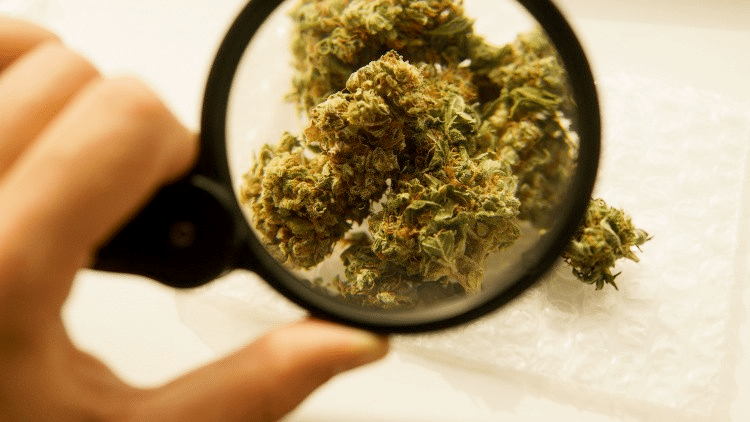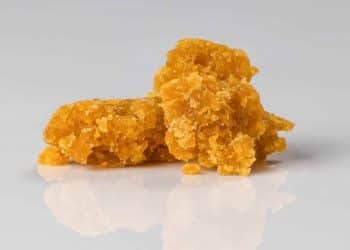Delta-8 THC (tetrahydrocannabinol) poses a problem for regulators.
The newly popular cannabinoid became a hot topic after the passage of the Farm Bill in 2018 because it was lumped together with other hemp-derived compounds. However, growing concern over delta-8’s potency and the way it is synthesized has led to outright bans in some states and restrictions in others.
“The explosion of delta-8 into the market over the past year shows how opportunity is driving innovation in the cannabinoid market, and the challenge regulators are facing in drawing boundaries,” explains John Kagia to Terpenes & Testing Magazine. Kagia is the chief knowledge officer for New Frontier Data, a cannabis-focused data company
The shifting landscape makes delta-8 a risky product for sellers operating outside of legal cannabis markets. A 2021 New Frontier Data report examining regulations in the cannabis industry predicts that delta-8 will soon be subject to the same restrictions as delta-9 THC. This would mean that delta-8 THC could only be purchased at legal cannabis dispensaries.
According to Kagia: “The strong likelihood that delta-8 THC will ultimately be classified as an analog of delta-9 THC… underscores the importance of closely monitoring the regulatory environment and preparing one’s business for policy changes.”
In 2020, the Drug Enforcement Administration issued an Interim Final Rule closing the delta-8 loophole created by the Farm Bill. The DEA’s measure banned every variation of THC. However, the ruling immediately met with legal challenges and enforcement has been nonexistent so far.
Hemp processors are divided over delta-8. The U.S. Hemp Roundtable paints delta-8 as a serious threat to the industry while the Hemp Industries Association supports the profitable cannabinoid. Yet, even groups that promote delta-8 also support regulations controlling its sale.
Because delta-8 can be sold outside of the regulated market, delta-8 products often do not have to be tested. Bad actors could potentially mislead consumers about what they’re buying. What’s more, delta-8 products can contain non-compliant levels of delta-9 THC, and a host of other molecules that may not be desirable. The U.S. Cannabis Council sampled delta-8 products from various states and discovered heavy metals, residual solvents, and other contaminants.
The delta-8 THC market is currently hot, but that may not continue for long.
Image source: Elsa Olofsson at CBD Oracle via Flickr, CC BY 2.0












